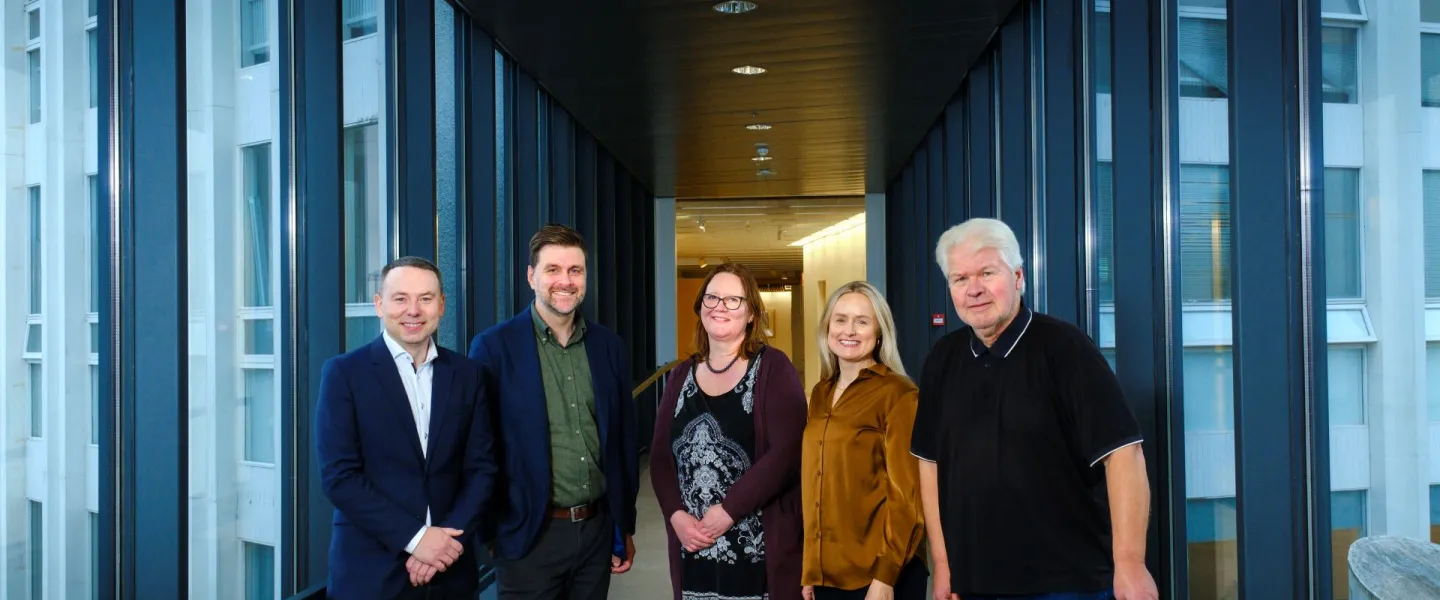
The Icelandic National Election Study (ICENES) is a comprehensive research project on voters, candidates and electoral campaigns in Iceland. ICENES plays a crucial role in researching the political attitudes and behaviour of the Icelandic public and political elites.
The first post-election voter survey, initiated by Professor Ólafur Þ. Harðarson, was conducted in 1983 and has been administered following every Icelandic parliamentary election since. Over the years, the scope of ICENES have expanded, and it now takes the form of post-electoral voter surveys, electoral campaign surveys and post-electoral candidates surveys. ICENES is today led by Eva H. Önnudóttir, Agnar Freyr Helgason, Hulda Þórisdóttir, Jón Gunnar Ólafsson and Ólafur Þ. Harðarson, all at the University of Iceland.
Aims
Election studies serve as a vital tool for understanding the practical workings of representative democracy. From its inception, ICENES has concentrated on examining how factors like party identification, voter attitudes on key issues, and socioeconomic status influence voting behaviour in elections. A significant focus has also been on analysing the views of candidates and political parties, as well as exploring how election campaigns impact voter attitudes and electoral behaviour. The ICENES surveys address a variety of topics, including voters’ evaluations of political parties and their leaders, as well as the ideologies and positions of both voters and candidates on various issues such as taxation, public services, welfare, foreign relations, regional policies, and immigration. Political engagement beyond voting, along with perspectives on democracy, political trust, and other key political topics, has also been thoroughly mapped.
To ensure the data is comparable across different election years and with studies in other countries, ICENES has maintained consistency in its survey questions since 1983. The post-election voter survey provides a robust database, offering the longest continuous dataset available in Icelandic social science research. Data from ICENES is available in open access via the project’s official website here.
Publications
Numerous articles and books making use of data from ICENES have been published by both local and international scholars, including discussions about changes in the issue dimensions of Icelandic politics, voter turnout, satisfaction with the functioning of democracy, political trust, the emergence of new parties, and much more. A full list of peer-reviewed publications based on ICENES can be accessed here.
Electoral Politics in Crisis was published in 2021, a book based on ICENES data, dealing with the consequences of the economic collapse on Icelandic politics – and the book is available in open access here.
In 2024, a book titled Lognmolla í ólgusjó will be published in Icelandic. The book, available in both print and electronic formats, focuses on the 2021 parliamentary election.
International networks and cooperation
ICENES takes an active part in several international cooperations and networks about election studies. The main ones are the Comparative Studies of Electoral Systems (CSES), the Comparative Candidate Surveys (CCS), the Consortium of National Election Studies (CNES) and Monitoring Electoral Democracy (MEDem).
Funding
ICENES had throughout the years been funded by the Infrastructure Fund (i. Innviðasjóður) and Research Fund (i. Rannsóknasjóður) of the Icelandic Research Council (i. Rannís), as well as the Research Fund of the University of Iceland (i. Rannsóknasjóður HÍ) and the Icelandic Parliament (in part in 2009 and in full 2017).
For more information visit the official website for ICENES.


